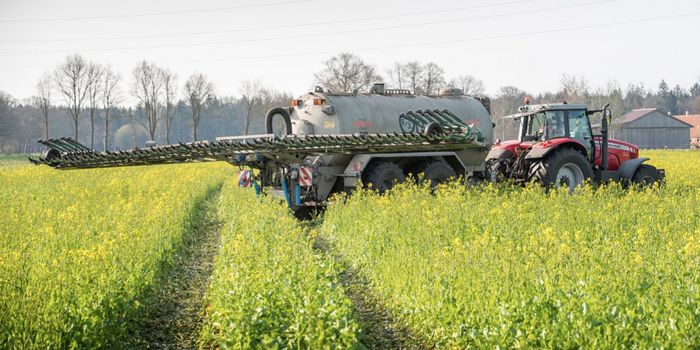Discovery of Carbon Stock in 20-Year-Old Mangrove Plantations
What is the capacity of carbon storage for planted mangroves? This is what a recent study published in Science Advances hopes to address as a team of international researchers led by the USDA Forest Service investigated the length of time that planted mangroves can store carbon, as such insights could provide steps to replenish mangrove populations throughout the world since these populations have seen a 35 percent decrease over the past 50 years. This study holds the potential to help mitigate the impacts of climate change by naturally storing carbon and keeping it from worsening climate change across the globe.
Image of mangrove nurseries in Maputo, Mozambique. (Credit: Vilma Machava, U.S. Forest Service International Programs)
For the study, the researchers used models to measure carbon storage capacity (also called carbon stock) from over a 40-year period and along with 684 planted mangroves that were 20 years old. In the end, the researchers found that the 20-year-old mangroves had carbon stocks between 71 to 73 percent compared to currently intact mangroves. Additionally, the researchers note these findings could help improve efforts for monitoring mangroves across the globe.
“Periodic and regular monitoring of mangroves can provide useful data on survival and success of restoration efforts and can help devise adaptive management strategies as and when needed,” said Dr. Rupesh Bhomia, who is a wetland biogeochemist from the Center for International Forestry Research and World Agroforestry (CIFOR-ICRAF) and a co-author on the study.
This study comes as climate change continues to ravage the planet, including extreme weather like the intense heat wave currently occurring and more intense hurricanes as recently experienced with Hurricane Beryl across the Caribbean, eastern Mexico, and southeast Texas.
What new discoveries about mangrove carbon stock will researchers make in the coming years and decades? Only time will tell, and this is why we science!
As always, keep doing science & keep looking up!
Sources: Science Advances, EurekAlert!









